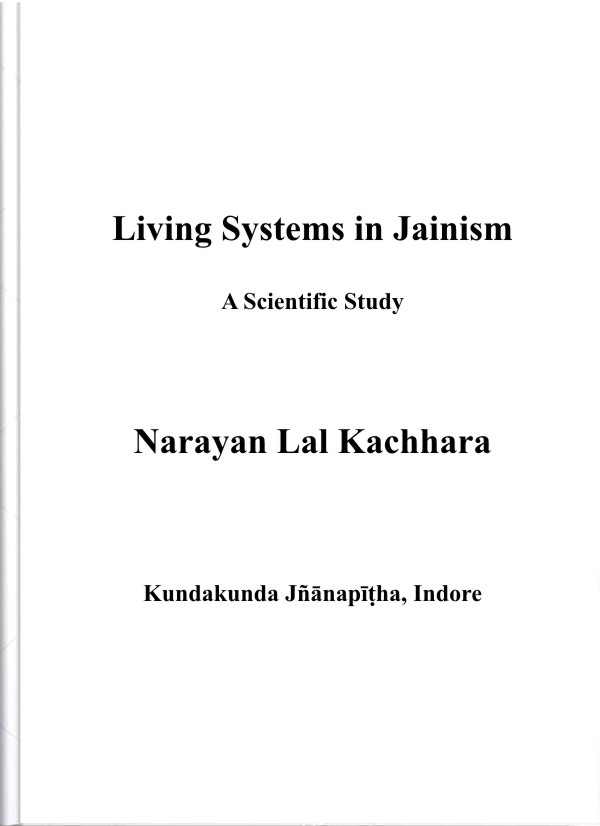Knowledge is the outcome of the manifestation of the intelligence property of the jiva with respect to its capacity for comprehension. The cognition function of jiva takes place when both jnana and darshana attributes manifest; it is the comprehension of objects with their details. Intelligence may be considered an attribute (jnana), a manifestation of an attribute, an ever-changing series of cognitions, a process, an activity, or an entity in itself. These are all partial descriptions of intelligence that cannot individually give a full picture of the jiva with respect to its intelligence attribute: all describe the same entity in various ways.
The process of knowledge is constituted by the momentary modes of the intelligence attribute, and so may be looked upon as a series of cognitions. When these modes are perceived along with the attribute behind, intelligence may be considered to be a process. As an element in the structure of the jiva, intelligence may also be considered a potentiality. From its functional aspect, it can also be considered an activity. Again, if intelligence is considered in isolation it may also be taken as an entity in itself.
Empirically, knowledge is the result of the cognition process. In Jain philosophy, an object is supposed to have infinite aspects; to apprehend all aspects at a time would need infinite intelligence. Our normal cognition is limited by the karmic veil, so we perceive and know only some aspects of the object. This makes our knowledge of the object incomplete. Incomplete apprehensions introduce an element of doubt about the object; subsequent cognitions may be different from previous ones. This is also true of most scientific observations, which are never complete because of the limitations of the observer and the instruments used in the observation.
Any cognition activity outputs a piece of knowledge that is added to the soul's previous body of knowledge. The knowledge we have at any time is the sum total of the knowledge generated by the soul throughout the past. The soul has passed through innumerable (or infinite) modes in the past and has generated knowledge in each mode. Some of that knowledge is present in the psychical structure of the soul. It is thought that much of the knowledge, or nescience, that is acquired in the lower forms of existence (up to four-sense beings) and stored as bhava karma may have been eliminated if the soul is to exist in human form.
The principal karma that colors our perception, and hence the knowledge derived from our perceptions, is deluding (mohaniya) karma. Like jnana- and darshana-obscuring karmas, mohaniya karma is also variable; it is at its highest in one-sense existences and gradually decreases in higher existences. Thus, the colour of the manifested knowledge also changes from one life form to another, meaning that each element of knowledge had a different color at the time of its generation. The knowledge acquired as a human being is generally purer than the knowledge gained as an animal. By this logic, we expect that the knowledge acquired by direct cognition in the case of avadhijnana and manahaparyayajnana is purer than the knowledge of souls who, like us, have only matijnana and srutijnana. With a reduction in deluding karma cognition becomes purer and closer to the truth.
 Dr. N.L. Kachhara
Dr. N.L. Kachhara
